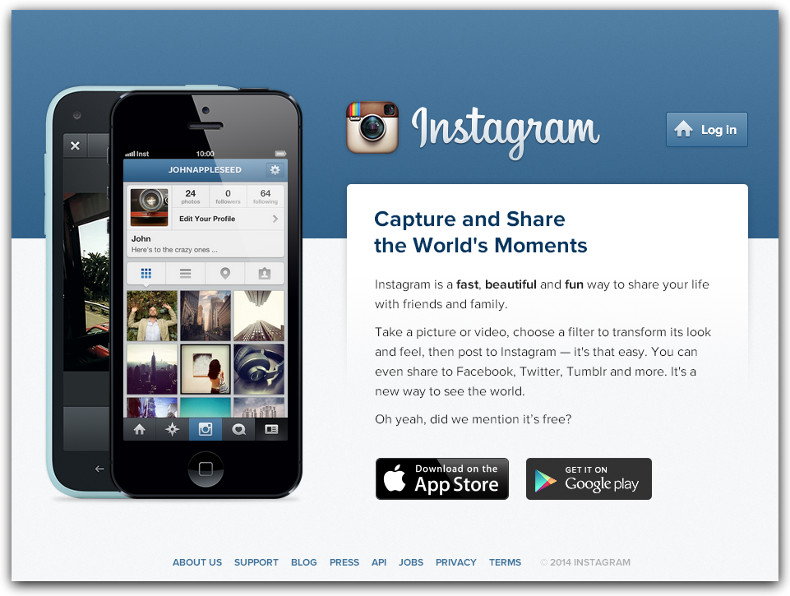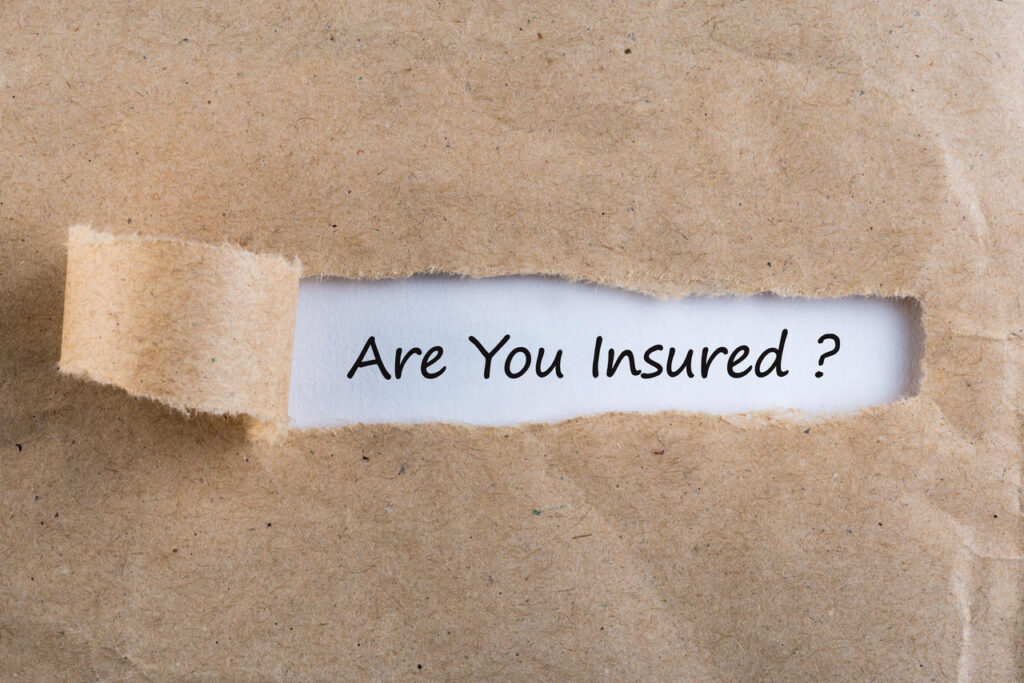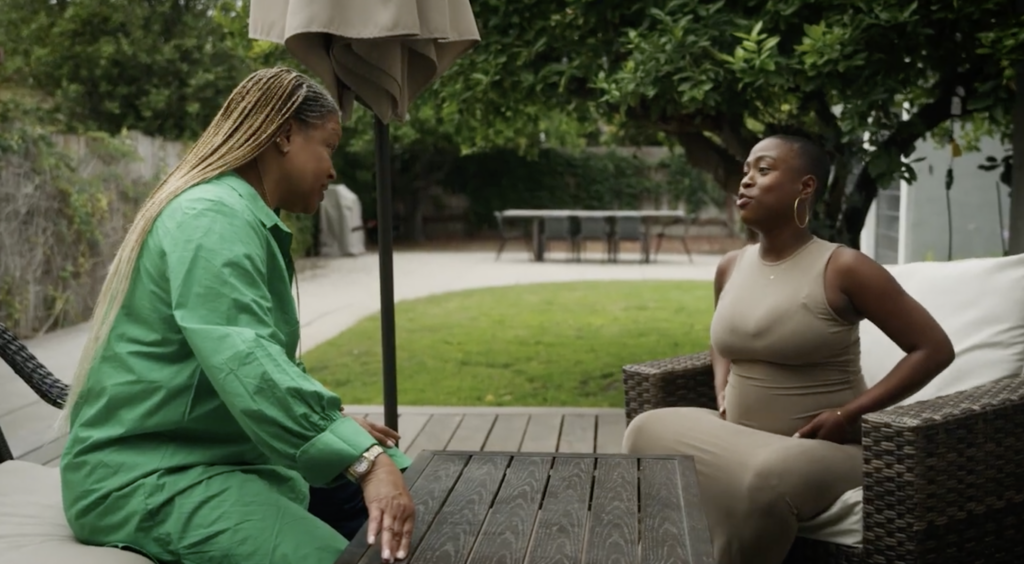*A public health research firm in the UK has done a study on social media platforms; specifically to see how they impact issues that include depression, anxiety, self-identity, loneliness and body image in young people. If this was a contest, you’d already know from the headline who won. But we’ll do a drum roll anyway.
Instagram!
The social media platform where pictures are, as the old saying goes, worth a thousand words.
Not.
The platform is being criticized mainly for making young people feel like sh** when it comes to how they look. These folks just don’t seem to get it into their heads that there are filters installed that allow you to alter the reality of how you look… for real.
Baby, I’m going to step out on a limb here and admit I was personally thrilled to see the latest image of Janet Jackson wheeling her baby carriage through the park.
SHE DOESN’T REALLY LOOK LIKE THE IMAGE WE SEE ON STAGE AT HER CONCERTS….and I’m not just talking about the baby weight!
I’m not saying Janet looks bad in her natural state, but the metamorphosis you see directly above can only occur after hours of hair and makeup; and months of physical training…and let us not forget the weave.
THEN… and only then…IS IT POSTED ON SOCIAL MEDIA!
Whew! Now back to the study. It’s named #StatusofMind and it was done by the Royal Society for Public Health (RSPH).
ABC10.com reports:
“Instagram makes it easy for girls and women to feel as if their bodies aren’t good enough as people add filters and edit their pictures in order for them to look ‘perfect’,” said an anonymous girl on the report.
The article states that the photo-sharing app also scored very low on effects on sleep quality and FoMO, which is “Fear of Missing Out”, the feeling someone gets when they’re worried things are happening without them present http://affectivebrain.com/?attachment_id=5774.
FoMO directly relates to feelings of anxiety.
Bless their hearts. Clearly, and please don’t think I’m being insensitive here, these young people have too much idle time on their hands.
I know its not easy, but seriously?
The study, which says about 91 percent of 16 to 24-year-olds are on social media, had 1500 individuals aged 14-24 as participants.
And just in case you think Instagram was singled out? Think again.
According to the study, Snapchat was next in the most negative category, followed by Facebook, and rounded out by Twitter.
But YouTube had the most positive effects on young people, according to the study.






